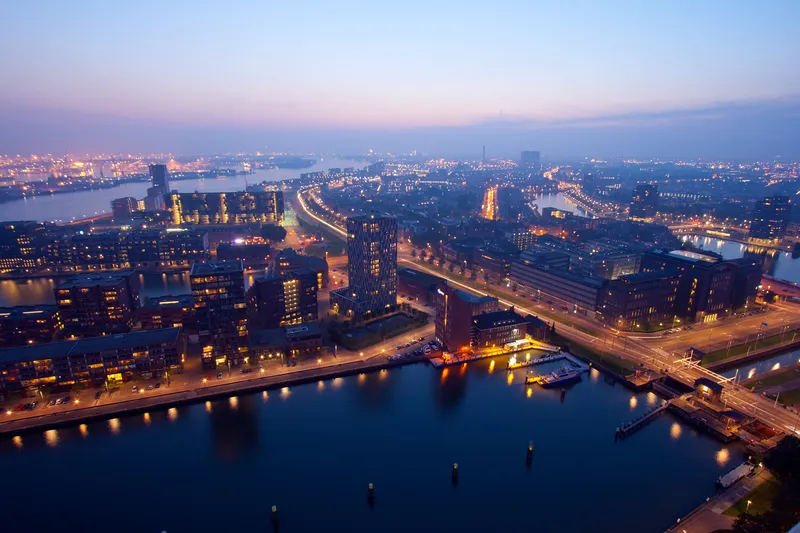
Via Verde has been awarded a contract for the management and collection of tolls on the A24 Blankenburg Connection, a highway serving the port city of Rotterdam in the Netherlands.
As part of the deal, A-to-Be will provide its MoveBeyond back-office system - developed by A-to-Be and in use elsewhere in the US and Europe - to RDW, the Netherlands Vehicle Authority.
The A24 roadway connects two of the principal highways in the Rotterdam area, the A15 and the A20.
It will be only the third Dutch highway to include a system of electronic tolling. Via Verde will manage the toll payment service and relationships with final customers.
The contract includes two years of implementation and five years of operation and can be extended for two more optional periods of two years each.
As technology partner, A-to-Be is tasked with supporting Via Verde in meeting various ESG requirements (environment, social and governmental), including Carbon Zero targets.
Marta Sousa Uva, CEO of A-to-Be, said it was a "very important milestone" for the company.
"It confirms our bet on the European market, especially in one of our priority countries," Uva explained. "At the same time, it represents the first joint international project between A-to-Be and Via Verde, a model that we hope to repeat for future opportunities.”
Eduardo Ramos, president of the executive committee of Via Verde and A-to-Be board member, added that it was important to win this concession "in a market as sophisticated as the Netherlands, which, because of its requirements in terms of sustainability, quality, size and coverage of its motorway network, is considered one of the best in the world".
Jan Strijk, who manages the toll collection unit of RDW, says: "For RDW, what is most important is to have a simple and accessible toll collection system for all our drivers.”









